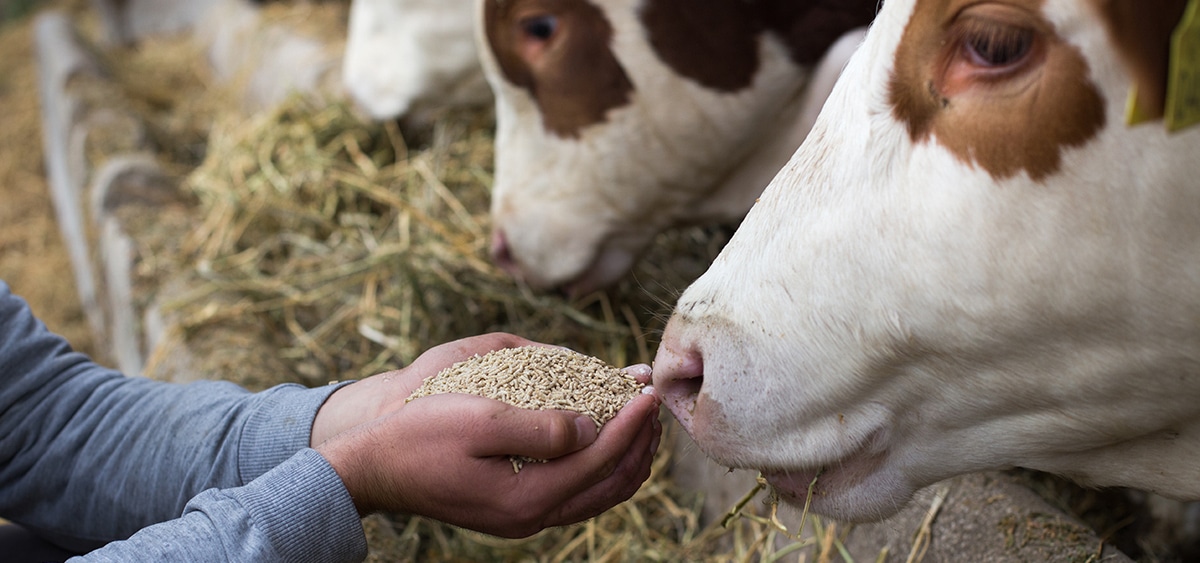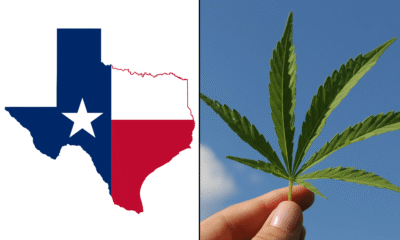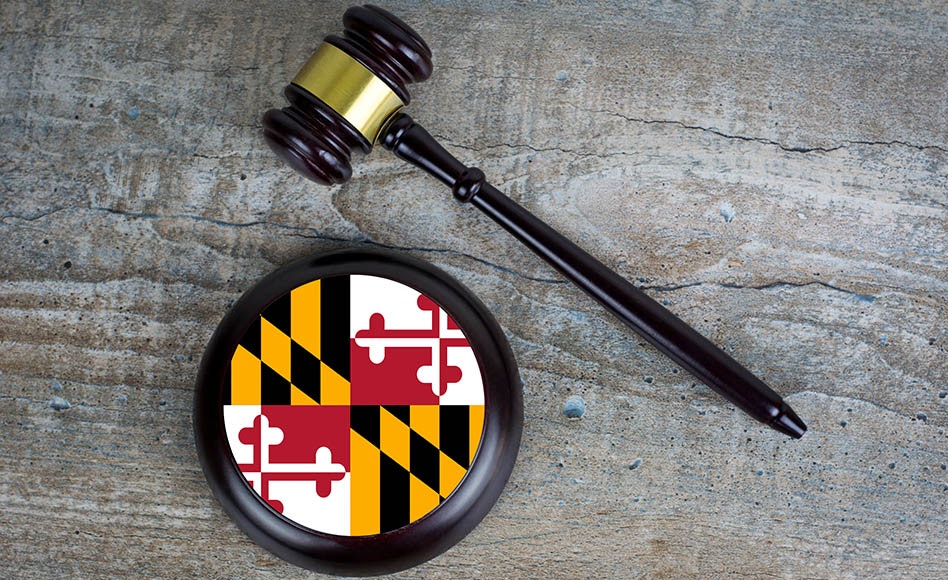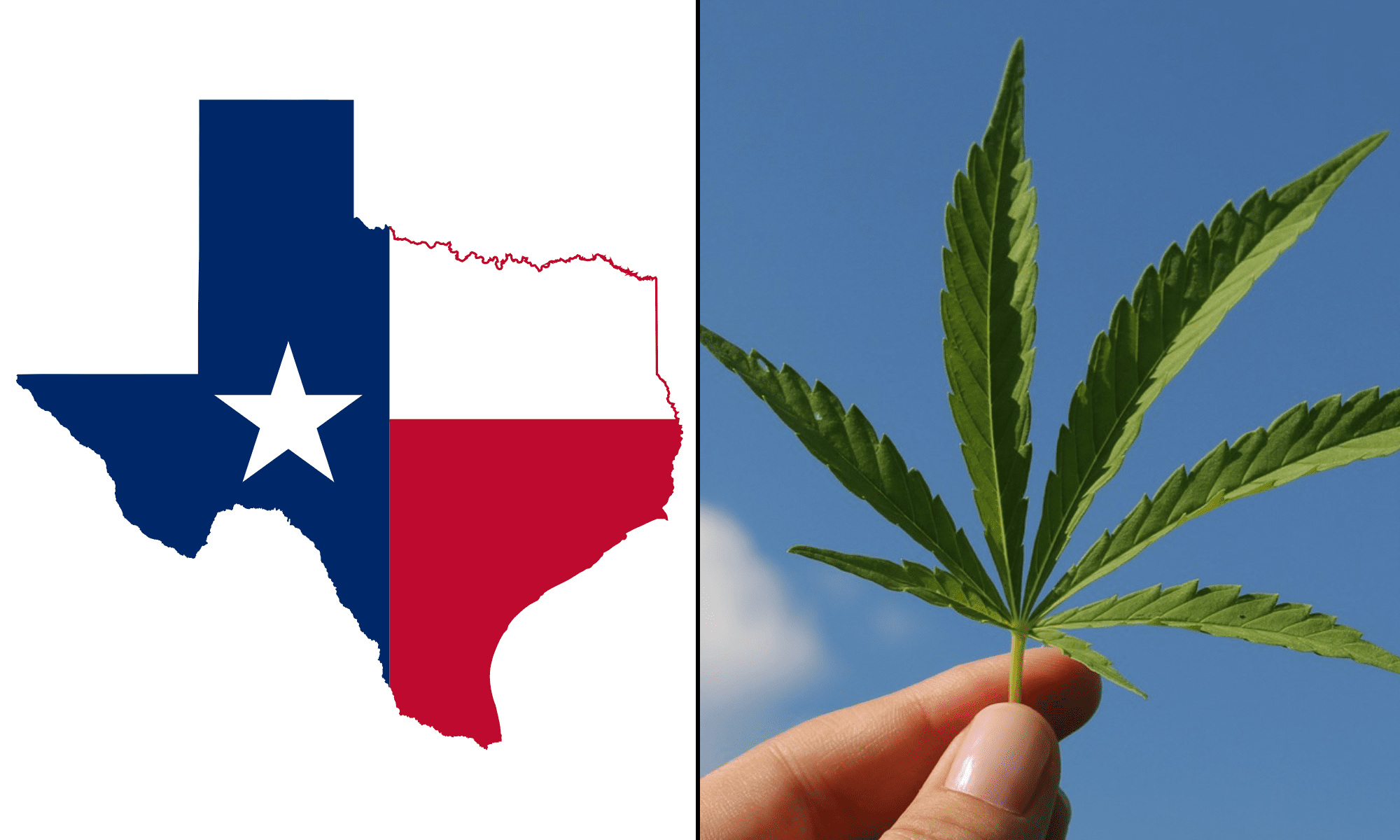The Texas Supreme Court has declined to take up an appeal of a case concerning the state’s overturning of a local marijuana decriminalization law that was approved by voters in the city of San Marcus.
About five months after the state Fifteenth Court of Appeals rejected a lower court ruling that denied a temporary injunction to prevent the law from being enforced, the state Supreme Court on Friday sidestepped the case.
“The Texas Supreme Court refused to hear this case, siding with Greg Abbott’s handpicked judges and telling 82 percent of San Marcos voters their voices do not matter,” Catina Voellinger, executive director of Ground Game Texas, which was behind this and multiple other local reform measures, said.
“This is not just about marijuana. It is about whether working Texans get to make our own decisions, like the Texas Constitution says we should,” Voellinger said.
The lower court’s ruling—and this subsequent Supreme Court inaction—marks a setback for activists who’ve led the charge to enact local marijuana policy changes through the ballot, many of which have been contested by Texas Attorney General Ken Paxton (R).
“Texas has the biggest working-class population in the country, with most of us making $15 an hour or less. Meanwhile, millionaire politicians like Greg Abbott and Ken Paxton twist the courts to protect themselves and their rich donors,” Voellinger said. “They think we do not see what is happening, but we do. We know exactly how hard they have made it to survive here. They spend all their time trying to block us because they know the truth: the power is with us. And we are building a movement that cannot be stopped.”
Eric Martinez, executive director of Mano Amiga Action that partnered with Ground Game for the San Marcos initiative, said the high court’s decision represents a “direct attack on local democracy and on the working people of San Marcos—Black, Brown, white, immigrant, and poor—who came together to demand a better future.”
“The Texas Supreme Court had the opportunity to stand up for the will of voters and chose not to. Our communities passed decriminalization because we’re tired of people being jailed over a small amount of weed while real public safety needs go ignored. The courts may be stacked, but we outnumber them. We will not let the rich and powerful decide everything for us. This fight belongs to all of us: the movement will only grow stronger in numbers from here.”
Under the appellate court’s ruling, the judiciary determined that a trial court upholding the city law “abused its discretion” when it denied certain requests from the state asserting a constitutional right to preempt the city government. And specifically, it said state statute “prohibits local governments from putting up any barrier to the full enforcement of drug-related laws.”
“Texas law gives local governments and law enforcement officers a panoply of tools—such as the authority to issue citations and arrests—to enforce drug laws. Section 370.003 prohibits the City of San Marcos from making a policy that takes any of those tools off the table,” it said.
“No magic words were necessary for the Legislature to preempt the Ordinance with unmistakable clarity,” the court continued. “A plain and fair reading of the Ordinance presents irreconcilable inconsistency with Section 370.003.”
San Marcos was one of five cities during the November 2022 election where voters approved similar decriminalization initiatives after advocates with Ground Game Texas and Mano Amiga Action secured ballot placement.
The ordinance made it so police could not issue citations or make arrests for class A and B misdemeanor marijuana possession offenses, with limited exceptions such as if the violation connected to an investigation into a felony-level narcotics case.
The measure also said police couldn’t issue citations for residue or paraphernalia in lieu of a possession charge. And they couldn’t use the odor of cannabis alone as probable cause for a search or seizure.
Despite the state’s resistance and the latest development in San Marcos, advocates have seen several courts rule in their favor amid the legal challenges.
For example, in February, a Texas judge has ruled that a cannabis decriminalization law approved by Dallas voters last year can continue to be implemented—denying a request from the state attorney general that sought to temporarily block the reform as a lawsuit proceeds.
This doesn’t mean the lawsuit from Paxton is dead altogether. But, at least for the time being, the judge determined that the decriminalization policy can continue as the litigation unfolds.
Dallas Police Department had previously instructed officers to stop arresting or citing people for possession of up to four ounces of marijuana, in accordance with the voter-approved ballot initiative.
Gov. Greg Abbott (R) has lashed out against the municipal cannabis reform efforts.
“Local communities such as towns, cities and counties, they don’t have the authority to override state law,” the governor said last May “If they want to see a different law passed, they need to work with their legislators. Let’s legislate to work to make sure that the state, as a state, will pass some of the law.”
He said it would lead to “chaos” and create an “unworkable system” for voters in individual cities to be “picking and choosing” the laws they want abide by under state statute.
Abbott has previously said that he doesn’t believe people should be in jail over marijuana possession—although he mistakenly suggested at the time that Texas had already enacted a decriminalization policy to that end.
In 2023, Ground Game released a report that looked at the impacts of the marijuana reform laws. It found that the measures will keep hundreds of people out of jail, even as they have led to blowback from law enforcement in some cities. The initiatives have also driven voter turnout by being on the ballot, the report said.
Another cannabis decriminalization measure that went before voters in San Antonio that year was overwhelmingly defeated, but that proposal also included unrelated provisions to prevent enforcement of abortion restrictions.
Meanwhile in Texas, there’s been a contentious debate in the legislature over Texas hemp policy, with some pushing for an outright ban on any cannabis products containing THC. But those efforts fell short during the regular and special sessions this year.
The governor, in response, signed an executive order last week to institute age and labeling requirements for hemp products.
—
Marijuana Moment is tracking hundreds of cannabis, psychedelics and drug policy bills in state legislatures and Congress this year. Patreon supporters pledging at least $25/month get access to our interactive maps, charts and hearing calendar so they don’t miss any developments.
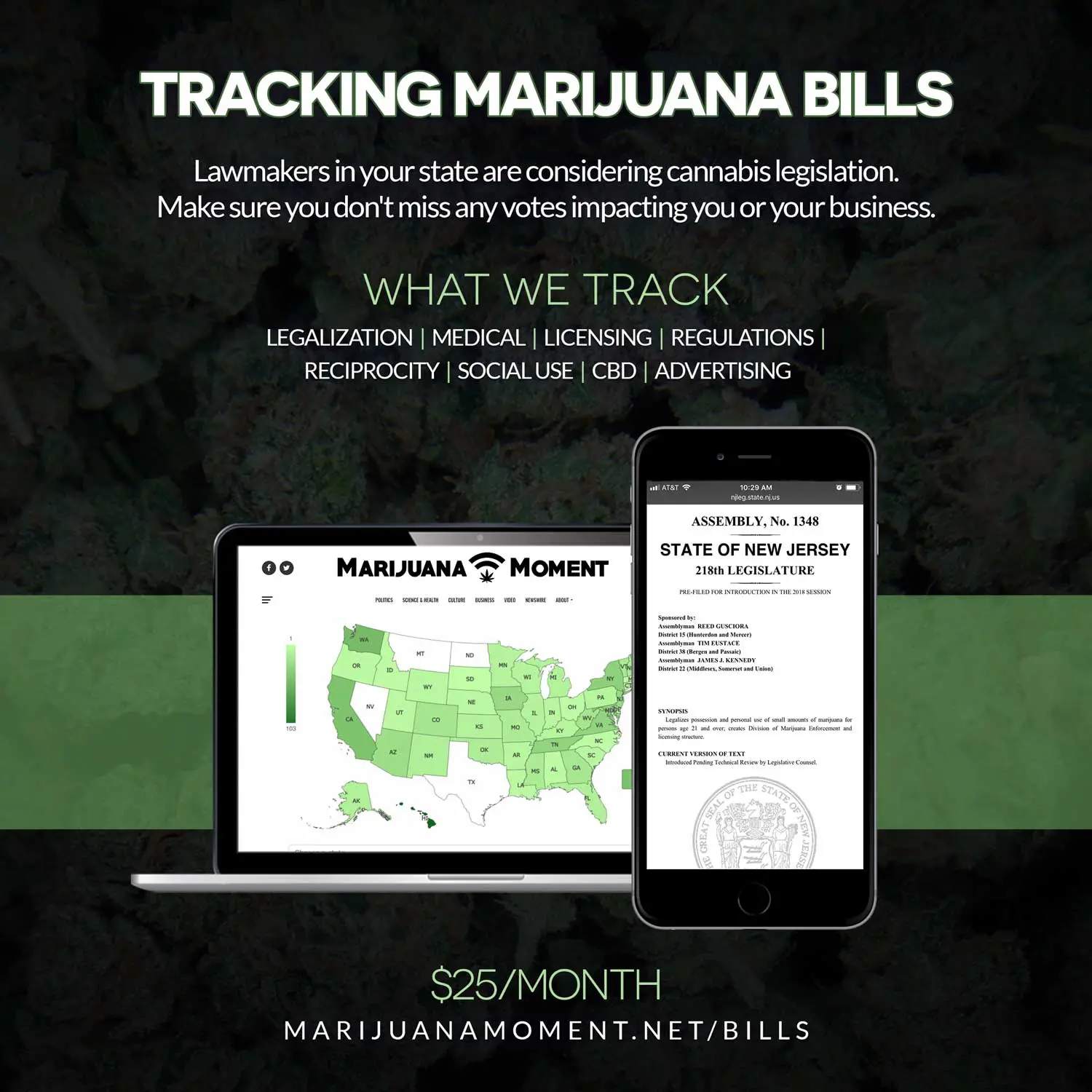
Learn more about our marijuana bill tracker and become a supporter on Patreon to get access.
—
Separately, Texas officials have taken another step toward implementing a law to significantly expand the state’s medical marijuana program—proposing rules to to let physicians recommend new qualifying conditions for cannabis and to create standards for allowable inhalation devices in line with legislation enacted by lawmakers and the governor earlier this year.
Last month, the Department of Public Safety (DPS) separately posted a set of additional rules in the Register to increase the number of licensed medical marijuana dispensaries in Texas under the recently enacted legislation.
DPS will ultimately be issuing 12 new licenses for dispensaries across the state. Currently there are only three. The additional licensees will go through a competitive process, with officials prioritizing Texas’s public health regions to optimize access.
The first round of licenses will be awarded to nine of 139 applicants who submitted their forms during an earlier application window in 2023. DPS will select those nine licensees on December 1. The 2023 applicants that didn’t receive a license, as well as any new prospective licensees, will have another shot at getting their license during a second round where awardees will be announced on April 1, 2026.
The 2023 group can still revise their applications up until September 15. New would-be dispensary owners have until that date to submit their applications as well.
Image element courtesy of AnonMoos.

